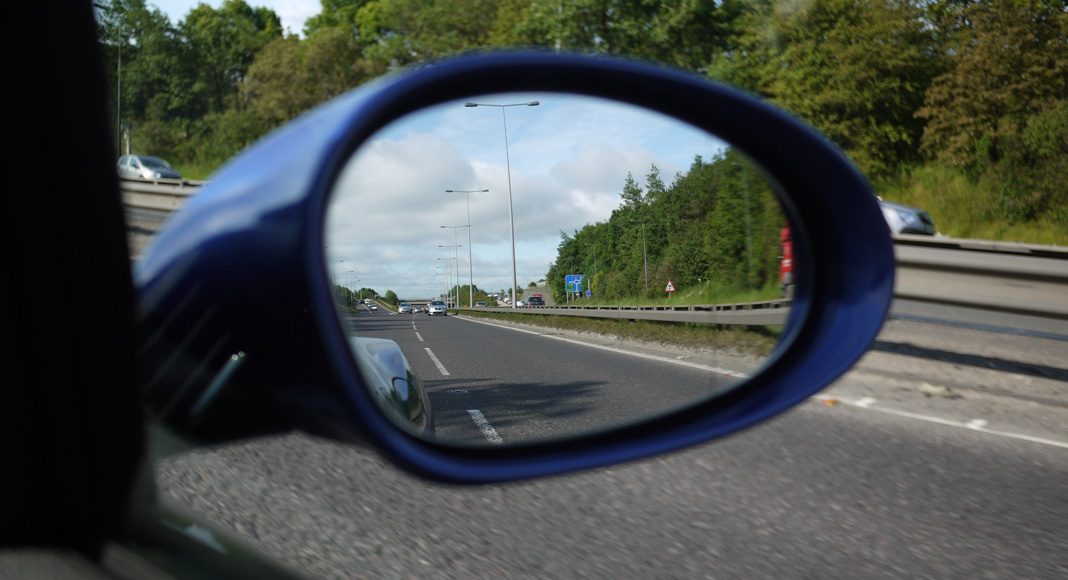There has been a massive decline in the number of teenagers and twentysomethings getting behind the wheel, according to a UK report commissioned by the Independent Transport Commission (ITC) and the Office of Rail and Road (ORR).
The report, entitled ‘On the Move: Exploring attitudes to road and rail travel in Britain’ investigates changing attitudes amongst four key groups – younger people, older people, migrants, and business travellers – each of which is having a key impact upon overall travel trends.
The following themes emerged as being of particular importance:
- Economic factors remain a strong determinant of travel choice, especially for younger people
Younger people are particularly concerned about the high cost of using a car (insurance, parking and learning to drive) relative to their income. The impact of concessionary and advance fares on public transport use is also an important driver of travel choice, while the poor provision of public transport in rural areas is affecting older people who feel that they need to retain a car in order to preserve their independence. In fact, residential location was an important determinant of travel choice among all groups, with urban residents much more likely to use public transport.
- Technology is already having an impact upon travel choice and behaviour
Smart technology is helping to change travel attitudes by widening choice and affecting how we value travel time. Attitudes towards the value of travel time are changing especially by business travellers, who are increasingly attuned to using communications technology on the move. Evidence emerged that technology is helping to increase perceptions of safety on public transport. Younger people are much more open to using smartphones and applications to choose between travel modes, and to use new technology for new methods of shopping, such as click and collect from stations, reducing car use.
- Younger people are ‘falling out of love’ with the car
A dramatic finding was the way in which younger people are adopting a more utilitarian attitude towards car ownership. The report found that younger people place greater weight on alternative consumer products, and are receptive towards car sharing and leasing, suggesting that these areas could see huge growth. Amongst minority ethnic groups and migrants, most are much less car reliant, partly due to the high proportion living in urban areas, though there are some marked variations between groups.
- ‘Tipping points’ that affect travel behaviour are crucial to understanding the permanence of trends
The research identified a number of crucial ‘tipping points’ in our lives at which modal choice changes. Car ownership becomes more desirable when starting a family, now more common in people’s 30s, while retirement often results in downsizing from a two to one car household.
Identifying these tipping points and when they are happening will be crucial if we are to predict future road and rail demand accurately. Meanwhile, the use of public transport modes when young increases the likelihood of continuing to use these in later life, indicating that the trend towards public transport, especially rail, use will continue.
“This report builds upon the findings of our first ‘On the Move’ study and confirms that, alongside technological and demographic changes, the UK’s travel choices are dramatically evolving. The use of public transport is growing across all groups – young, old, business, migrant and minority ethnic groups – while people are adopting much more utilitarian attitudes towards car ownership. Understanding these changes will be of crucial importance for policy makers given the massive investment that has been promised in the strategic road and rail infrastructure over the next few years,” commented Dr Matthew Niblett, Director of the Independent Transport Commission.



















